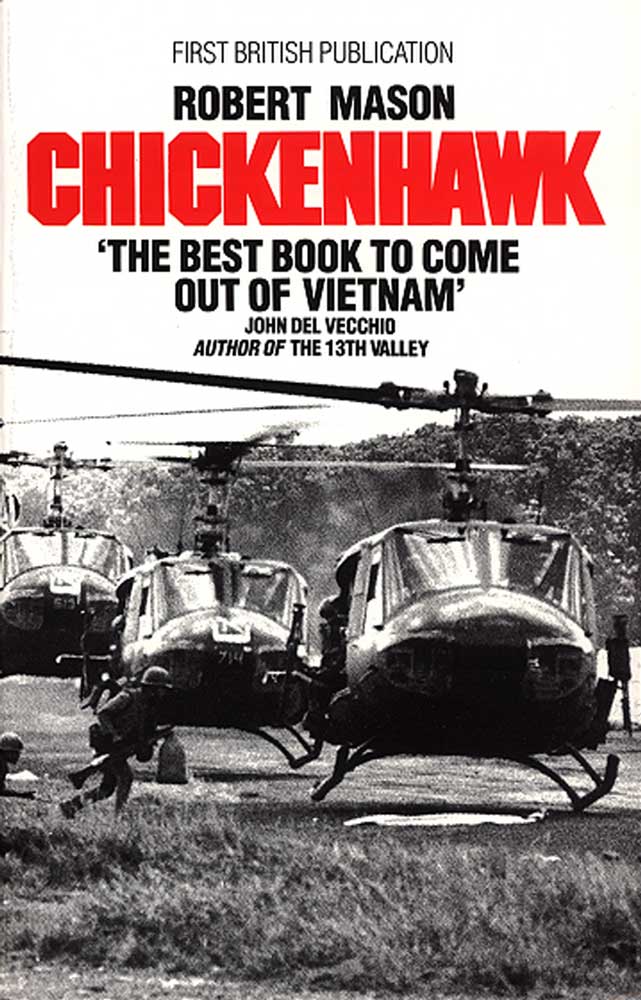We were a bit surprised at an opinion column published in the Bend Bulletin and The Astorian addressing a possible news desert in Eugene with the reductions at The Register-Guard. The worries over a news desert are valid — even more so with the recent announcements of the loss of Medford’s Mail Tribune and the Rogue Valley Messenger. But the column erroneously implied the Weekly, as the alternative paper, was not interested in filling in the news gaps in Lane County. Filling in the gaps is a big part of what an alt weekly does and what EW has always done. With your support we will continue that mission! You can hear more about how Eugene Weekly is looking to the future and the local news desert at a recent City Club of Eugene forum.
• “Where will we get the electricity we need? Does EWEB have a plan?” That’s the topic for the City Club of Eugene meeting Jan. 20 at noon in the Maple Room of the Inn at the 5th. The speaker is Frank Lawson, EWEB general manager, who will discuss how EWEB is developing an integrated resource plan forecasting Eugene’s electricity needs for the next 20 years. EWEB says the IRP “uses advanced modeling software to suggest which combination of energy resources — such as wind, solar, hydropower or biomass — might best fit those needs.” You can watch in-person or live on YouTube on City Club’s channel, or you can listen Monday night at 7 pm on KLCC, 89.7 FM.
• A long and impressive obituary of Oregon’s Judge Ted Goodwin appeared in The New York Times on Jan. 16. It didn’t say that “Tex,” as he was known as a journalism student at the University of Oregon, should have been on the U.S. Supreme Court. As a federal judge he wrote in 2002 that “under God” should come out of the Pledge of Allegiance; that meant that Anthony Kennedy would go instead of him. The Supreme Court later reversed Goodwin’s ruling. He worked for The Register-Guard, which mentioned his time at the paper in a piece this week, before he went to law school, and he said that studying journalism made him a better writer as a judge. Ted Goodwin was a remarkable man.
• We do want the beautifully located EWEB building on the river to stay in the public realm, not reverting to some kind of corporate headquarters. But should Eugene School District 4J buy it to replace their inadequate and grungy offices on Monroe Street? Some say this is not the time to put money there when we have so many financial needs closer to the students and their teachers. Or is there a better public use for that building? Lots of questions still need to be answered before any decision is made.
Update: After Eugene Weekly went to print, EWEB announced that the city of Eugene was now looking to negotiate the purchase of the property for a new City Hall, something Eugene has not had since it tore down the old City Hall in 2014.
• We hear the name of Florida Gov. Ron DeSantis bandied about by right-wing Republicans as a presidential candidate in 2024. That’s a terrifying prospect for so many reasons, from his poor treatment of immigrants to his attacks on LGBTQIA folks. His latest attack is on public higher education. He appointed six conservatives to the Board of Trustees of New College, the small social justice-friendly liberal arts college in Sarasota. His goal is to make it into a conservative “Hillsdale of the South,” with appointees like Christopher Rufo, who spurred the national backlash against critical race theory. One of New College’s philosophy professors once said a college should be “physically safe, intellectually dangerous and personally respectful.” What it should not be is a political football and a harbinger of attacks on free thinking. The school counts among its graduates Derek Black, a former white supremacist leader who renounced his racist ways, thanks to his fellow students; several current and former Republican politicians; Carol Flint, writer and producer on ER and The West Wing; and EW editor Camilla Mortensen.
• What we’re (re)reading: Chickenhawk by Robert Mason. This 1983 memoir by a U.S. Army helicopter pilot stands the test of time better than anything else written about our country’s disastrous adventure in Vietnam. Mason, who flew in such landmark battles as Ia Drang (recounted in the movie We Were Soldiers) combines a skillful explanation of the complicated mechanics of helicopter flight — this book is to helicopters what Moby Dick is to whaling — with gripping scenes of fear, horror and comic absurdity in combat, as well as his uneasy realization that America was fighting a war on the wrong side of colonialism. Penguin Random House, $19 paperback.
